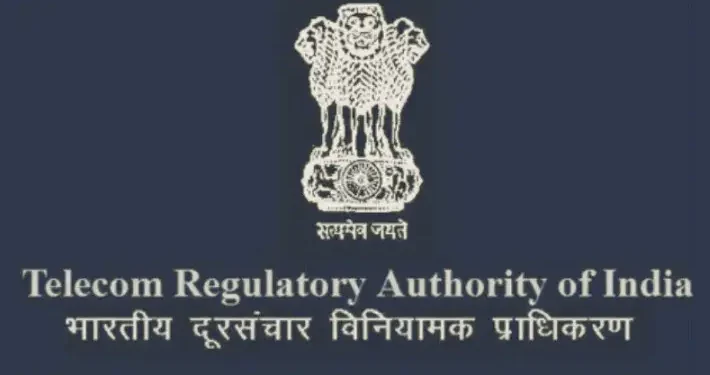The Telecom Regulatory Authority of India (TRAI) has started a new pilot project with the Reserve Bank of India (RBI) and few banks for digitally managing user consent and to decrease unwanted calls and messages.
TRAI Notes Unverified Consent Behind Spam
TRAI found that some businesses were still sending promotional calls and messages to customers who previously purchased goods and services from them. Most of these companies randomly claimed user consent, but TRAI discovered that they had collected much of this consent offline or through unverifiable means.
Many users stated that companies acquired their mobile numbers through deceit or sharing. This raised huge concerns over the abuse of personal data and the need for some sort of verification of consent that would be satisfactory.
TCCCPR 2018 Permits with Explicit User Consent
Per the Telecom Commercial Communications Customer Preference Regulations (TCCCPR), 2018, companies could contact users (including DND users) if the explicit consent of the consumer was obtained. However, if companies collected that consent offline, it was difficult to verify by telecom operators. This has provided a loophole for many operators to circumvent the barriers to avoid spamming users.
TRAI Launches Digital Consent Registry with Banks
To address this issue, TRAI has mandated telecom service providers (TSPs) to coordinate with banks and develop a digital mechanism for collecting and storing consent from consumer. The consents will then be registered with TSPs in a safeguarded, interoperable digital consent registry.
In turn, businesses will be able to determine if a customer, indeed, provides consent before sending any type of commercial communication thus minimizing the likelihood of misuse of personal data and protecting consumers from unwanted messages and fraud.
Pilot Starts with Banks Under Regulatory Sandbox
On June 13, 2025, TRAI directed telecom operators to begin the pilot in co-ordination with selected banks for the implementation which started in the banking sector first as the variations of implications for financial transactions can be devastating and harmful to consumers with the rise in cases of fruad arising from spam calls humouring to impersonate bank officials.
TRAI has birthed the project in a Regulatory Sandbox to test the digital consent and registry system in a real world context, to allow regulators and partners to collaborate and provide feedback to TRAI in explore and commence the project while mitigating risk. A Regulatory Sandbox will also allow TRAI to explore in detail the operational, legal and technical challenges of the new system before tracting on how to implement the strand of the digital consent and registry further than through selected banks – scalable across India.
TRAI Reinforces Its Consumer Protection Efforts
Recently, TRAI has taken steps to limit spam including allowing users to complain about unregistered telemarketers and disconnected telecom numbers for via spamming. However, there was still the major issue of verifying offline consent. With this digital consent pilot, TRAI is reaffirming its objective commitment to protecting consumers, instilling transparency in and to reinstating trust in commercial communications.
The new system will give consumers full control for managing their consents in real-time, and to hold businesses accountable for adhering to user preferences.
Nationwide Rollout Planned After Pilot Success
If the pilot project shows reasonably positive results, TRAI expects to expand the digital consent system to e-commerce, insurance, healthcare, retail, and other sectors. The authority is also hoping to engage with sectoral regulators and others, to build a safe and consumer-oriented communication infrastructure for the future.
By starting with the banking sector, TRAI is establishing a foundation for a prospective national level digital consent infrastructure and to give users greater control over their data, and reduce spam and fraud risks.










